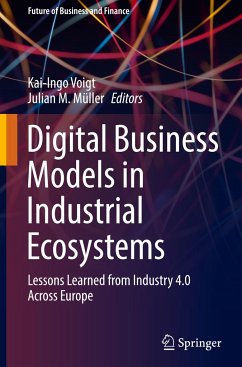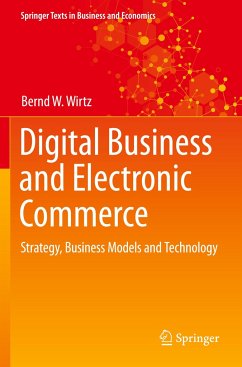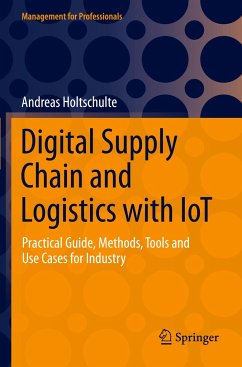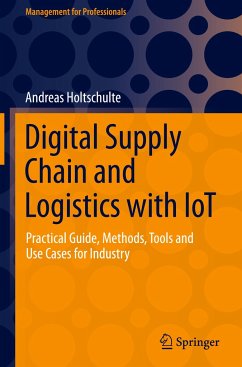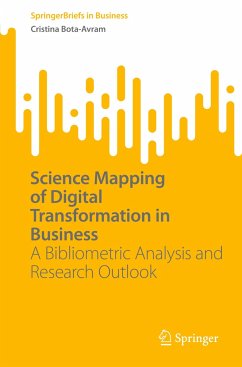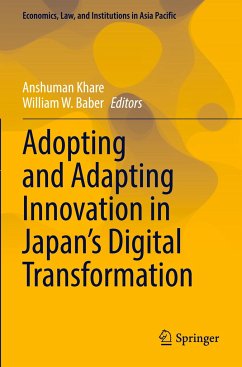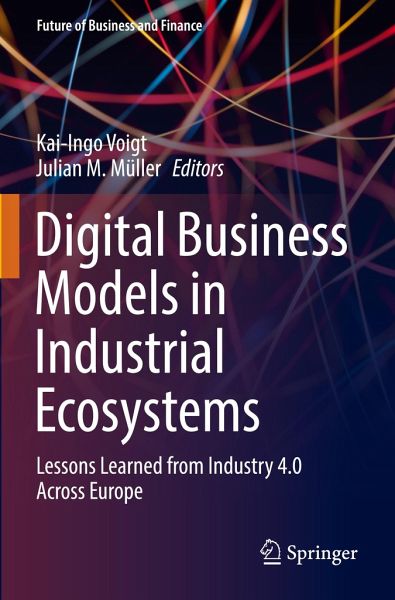
Digital Business Models in Industrial Ecosystems
Lessons Learned from Industry 4.0 Across Europe
Herausgegeben: Voigt, Kai-Ingo; M. Müller, Julian
Versandkostenfrei!
Versandfertig in 6-10 Tagen
91,99 €
inkl. MwSt.

PAYBACK Punkte
46 °P sammeln!
In recent years, digital business models have frequently been the subject of academic and practical discourse. The increasing interconnectivity across the entire supply chain, which is subsumed under the term Industry 4.0, can unlock even farther-reaching potentials for digital business models, affecting entire supply chains and ecosystems.This book examines the specific challenges and obstacles that supply chain and ecosystem management poses with regard to the development of digital business models. The top-quality contributions gathered here focus on the successful implementation of Industr...
In recent years, digital business models have frequently been the subject of academic and practical discourse. The increasing interconnectivity across the entire supply chain, which is subsumed under the term Industry 4.0, can unlock even farther-reaching potentials for digital business models, affecting entire supply chains and ecosystems.
This book examines the specific challenges and obstacles that supply chain and ecosystem management poses with regard to the development of digital business models. The top-quality contributions gathered here focus on the successful implementation of Industry 4.0 in digital business models for industrial organizations in a European context, making the book a valuable asset for researchers and practitioners alike.
This book examines the specific challenges and obstacles that supply chain and ecosystem management poses with regard to the development of digital business models. The top-quality contributions gathered here focus on the successful implementation of Industry 4.0 in digital business models for industrial organizations in a European context, making the book a valuable asset for researchers and practitioners alike.



